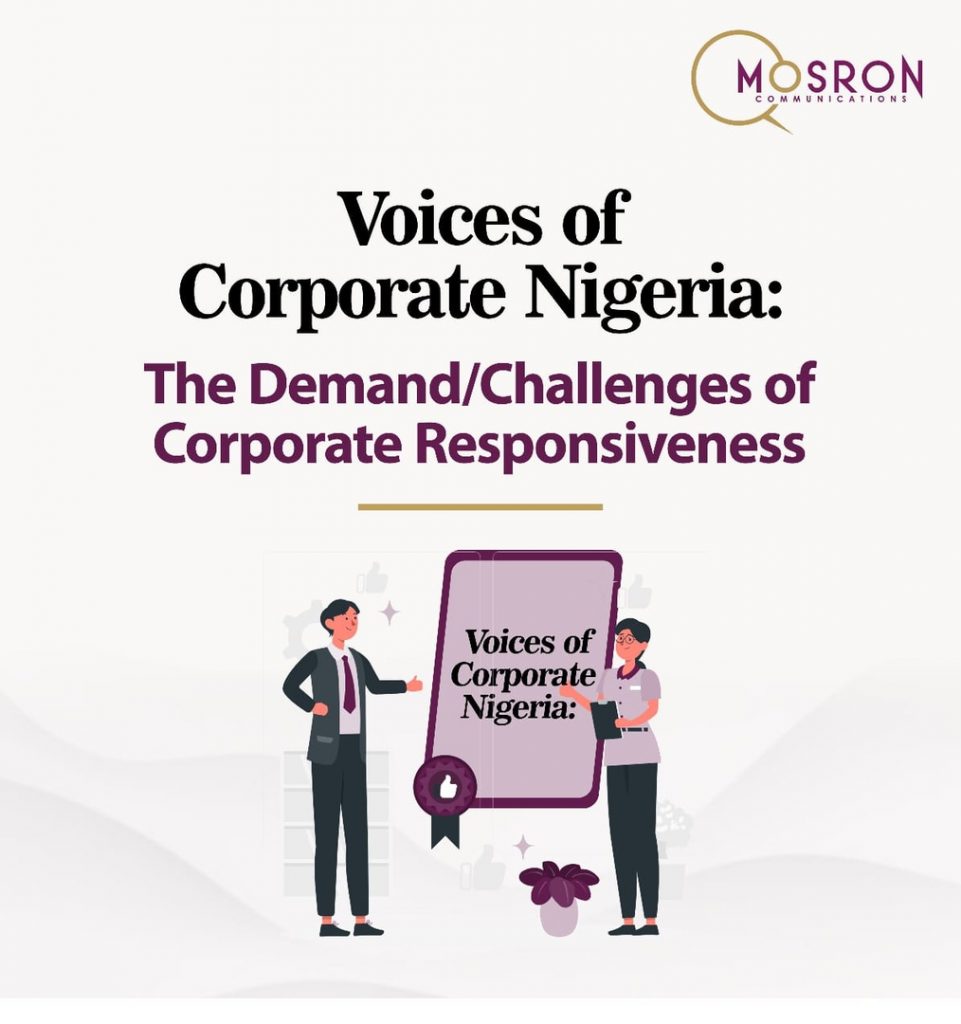In the epoch of digital media and other e-mediums, Corporate Social Responsibility (CSR) has taken new forms and is no longer limited to charitable deeds and performative activism. Recent global disruptions in healthcare and increased agitation around social, racial, political and diversity issues have demanded strategic corporate mindfulness for both consumers and employees. There are increasingly more innovative approaches to simultaneously meeting this demand and while not compromising an organisation’s corporate image.
Customers today crave for brands that hear, listen and speak in tune with the things they are concerned about. You may have a line in your brand book about \”understanding customers\’ pain points\”, but it is not enough to document it — does your brand really understand, share and, most importantly, echo these pain points? Modern customers want allies instead of simple suppliers of goods and services. They expect brands to participate in their lives more than just transactional relationships.
As Nigerian youths said during the #EndSARS protests in October 2020 “na brand wey support us we go buy.”
Reciprocity between companies and their clients nowadays has a new dimension: client loyalty is exchanged for lending them a corporate voice. Same attributes to workforce: younger generations as Millenials and Gen Z choose companies with audible corporate voices and high degree of corporate responsiveness.
As a responsible corporate citizen, your organisation should not refrain from expressing sympathy and compassion over socially acute issues. As with the #BlackLivesMatter protests in the United States, a number of Nigeria corporates supported the #EndSARS protesters in October 2020 and went on to gain the undying loyalty of teeming youths across the country which the organisation benefits from till today. As with all human rights protests which demand increased action from governments, it is important to accurately communicate corporate priorities: support is provided to the human beings protesting who form a core stakeholder component. This is not to be mistaken for support for political formations, specific ethnic groups, nationalities and other artificial constructs.
As citizens become bolder across the world and pockets of agitations increase, organisations must urgently review their historical corporate position of neutrality. Should concern for possible regulatory sanctions completely blind organisations from the critical support their consumers require when agitating for their continued existence?
At board levels, organisations must revisit the definition of corporate social responsibility and examine its stand on reducing environmental impact, promoting sustainability, eliminating prejudice, and strategising ways to amplify the concerns of the KING – the consumer, without whom businesses would not exist.
#MosronCommunications
#PublicRelationsConsultants
#PartnersnotVendors

